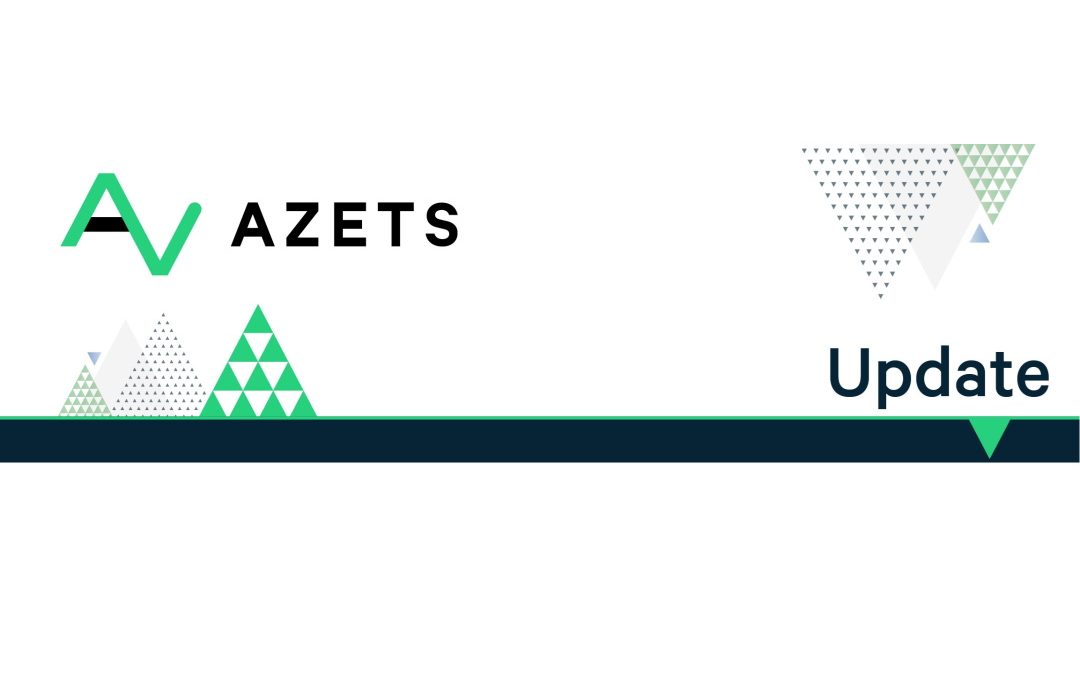
Supporting your employees through the cost of living crisis
With increasing inflation and interest rates, individuals, families, and businesses across the country are finding balancing the books increasingly difficult. In response to this, many employers are looking to provide cost-effective support to employees. So, what are the options available to employers and the corresponding tax and/or reporting obligations? The most obvious options would be to make a payment of a one-off bonus or increase salaries. Both of these will be subject to Pay As You Earn (PAYE) and National Insurance Contributions (NIC) and reportable via payroll Real Time Information (RTI) in the normal manner. Cash payments will incur employer NICs and potentially pension contributions so the cost to the employer will exceed the increase or bonus provided. With businesses struggling with increased costs, these may not be feasible options. Dave Hedges, Head of Employment Taxes, looks at some of the alternatives available to employers below.Salary sacrifice – pensionsSince the introduction of automatic enrolment, employers are obliged to make employer pension contributions for qualifying employees. Whilst tax relief is routinely available on employee pension contributions, salary sacrifice enables both employees and employers to save on NI contributions too.Pension salary sacrifice works by an individual giving up an entitlement to cash earnings in exchange for an increased employer pension contribution.Employers offering salary sacrifice arrangements to employees must also ensure the amounts sacrificed by employees do not reduce the pay below National Minimum Wage/National Living Wage Rates and will require an amendment to their contractual terms.Given that all employers are required to comply with the automatic enrolment requirements, they should understand the savings available to them and their workforce. As a high-level indication, an employer with 100 employees each earning £26k per annum and making the minimum pension contributions required could save approximately £13k per annum plus £12k per annum across the workforce.Travel costsElectric VehiclesWhile the rules around Optional Renumeration Arrangements (OpRA) introduced in April 2017 largely removed the tax benefits for most salary sacrifice arrangements, Ultra Low Emissions Vehicles (ULEVs) emitting less than 75g/km of CO2 were exempt from these changes and can still be provided tax efficiently under salary sacrifice. We look at electric vehicle schemes in more detail and alternative transport to work and parking options on our full cost of living support for employees guide, which you can access here. Trivial benefitsThe trivial benefit exemption allows employers to provide small benefits to employees provided that:
- It does not cost the employer more than £50 to provide
- It is not provided as a reward or to incentivise performance
- It is not provided in cash
- There’s no contractual entitlement to receive it
Many employers take advantage of the trivial benefit exemption to provide employees with gifts such as food hampers or wine at Christmas. With the cost of living crisis, a gift in in the form of retail vouchers which can be spent in a manner of their choosing may be well-received.There’s no annual cap on the number of trivial benefits that can be provided to employees (although directors are limited to 6 per year), meaning the exemption can be utilised for birthdays, religious celebrations, new babies and other calendar or personal events.In-house canteenWith food prices rising at a rate not seen in over 40 years, one significant form of assistance employers can provide to employees without a tax charge or reporting requirement, is the provision of meals within the workplace. The food and drink provided does need to be on a reasonable scale and made available to all employees (or all employees at a particular location) for the tax exemption to apply.Potential impact on employeesThe suggestions contained merely provide examples of some of the options available to employers. Some of these may have further consequences for employees such as:
- Impact on universal credit or other means tested benefit claims
- Loss of child benefit under the High-Income Child Benefit charge
- Loss of personal allowance if adjusted net income exceeds £100,000

